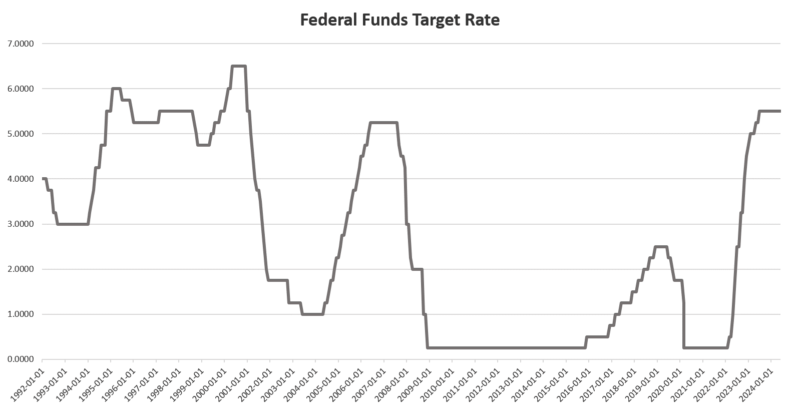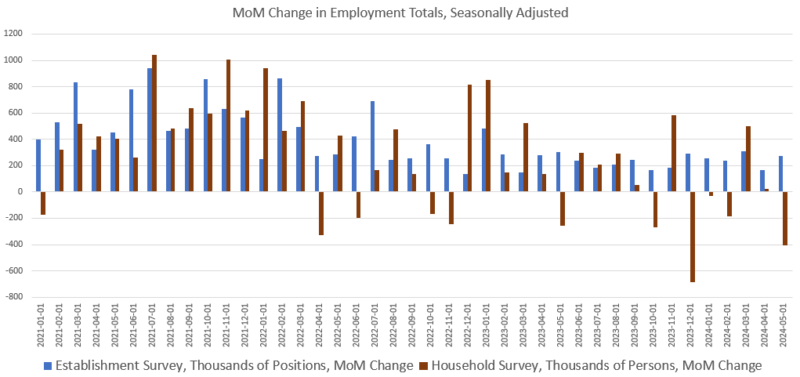Category Archive: 6b.) Mises.org
Central Banks Are Destroying Our Economies
What is the Mises Institute?
The Mises Institute is a non-profit organization that exists to promote teaching and research in the Austrian School of economics, individual freedom, honest history, and international peace, in the tradition of Ludwig von Mises and Murray N. Rothbard. Non-political, non-partisan, and non-PC, we advocate a radical shift in the intellectual climate, away from statism and toward a private property...
Read More »
Read More »
Judy Shelton’s Lasting Legacies
What is the Mises Institute?
The Mises Institute is a non-profit organization that exists to promote teaching and research in the Austrian School of economics, individual freedom, honest history, and international peace, in the tradition of Ludwig von Mises and Murray N. Rothbard. Non-political, non-partisan, and non-PC, we advocate a radical shift in the intellectual climate, away from statism and toward a private property...
Read More »
Read More »
The Real Story Behind the Fed’s “Soft Landing” Narrative
The Federal Reserve’s Federal Open Market Committee (FOMC) yesterday left the target policy interest rate (the federal funds rate) unchanged at 5.5 percent. The target rate has now been flat at 5.5 percent since July of 2023—as the Fed waits and hopes that everything will turn out fine. In his prepared remarks at Wednesday’s FOMC press conference, Powell continued with the soothing message he has generally employed at these press conferences over...
Read More »
Read More »
The State’s Best-Kept Secret
Money is never an object when you have a legal counterfeiting racket at the center of the economy; yet counterfeiting, provided it has monopoly power and is conducted by the “best and the brightest,” is virtually unchallenged as necessary for economic growth.How did this fraud come about? First, some basics:We are all under state rule, meaning under the rule of a monopoly of force that most people cherish in principle as a necessary precondition...
Read More »
Read More »
The State’s Most Cherished Power Is its Money Monopoly
Money is never an object when you have a legal counterfeiting racket at the center of the economy; yet counterfeiting, provided it has monopoly power and is conducted by the “best and the brightest,” is virtually unchallenged as necessary for economic growth.How did this fraud come about? First, some basics:We are all under state rule, meaning under the rule of a monopoly of force that most people cherish in principle as a necessary precondition...
Read More »
Read More »
How Bad Economic Policies Drive Out Good Entrepreneurs
Gresham’s law states that bad money drives out good money. Gresham’s law goes something like this: overvalued money that has less actual value circulates in a market economy, and the undervalued money with the same face value but whose metal has more value is hoarded and thus goes away.
Read More »
Read More »
There Are Only Downsides to Prolonging the War in Ukraine
Last week, President Joe Biden and a number of top American and European officials met in Normandy to attend a ceremony marking the eightieth anniversary of the D-day invasion. In a pair of speeches, Biden recounted the operation that he said marked the beginning of the “great crusade to liberate Europe from tyranny” before drawing a direct connection to where things stand with the war in Ukraine.Biden called Russian president Vladamir Putin a...
Read More »
Read More »
Fall 2024 Virtual Mises Book Club
In September 2024, undergraduate students will have an opportunity to participate in the Fall Mises Book Club, a program that promotes deep reading in Austrian economics.The reading for this book club will be Murray Rothbard’s Egalitarianism as a Revolt Against Nature and Other Essays.
Read More »
Read More »
The Menace of Political Show Trials
In recent days, we have had brought home to us what “show trials” are like. They are not confined to Soviet Russia and it satellite countries during the Cold War but are a very present reality to us in America today.
Read More »
Read More »
Robert Reich is Wrong, and Dangerous
Robert Reich has embarked on an intellectual journey- he intends to debunk 10 economic myths. The first of these 10 supposed myths is the idea that economics is a value free objective science. Reich offers a brief history lesson, in which he describes how Adam Smith developed economics as a branch of moral philosophy. Patrick Carroll has pointed out that Reich’s argument entails a fallacious appeal to tradition.
Read More »
Read More »
Defending Gaza (Part I): Natural-Law Principles Vs. National-Interest Statism
The individual’s natural right to life antedates the state apparatus.Let us not commit the Sin of Abstraction—the sin of escaping into theory, and in so doing, avoiding reality—the reality of Israel’s real sins, real crimes, the crime of all crimes.When Americans reflect on history’s tragedies and travesties, they habitually extol the virtue of Pax Americana, but never the horrors of it. Having shaped the annals of the past, regime historians,...
Read More »
Read More »
Price Discovery Equals Short Sales
Price discovery in commercial real estate, which had been frozen while sellers insisted on prices from the good ol’ ZIRP days, is starting to thaw. Real Estate giant Related Companies has unloaded the property at 321 W. 44th St., New York, New York for less than $50 million, reports Bloomberg.
Read More »
Read More »
Anti-Liberty Conservatives Want More Theft
American Compass, a think tank promoting a conservatism lacking even a rhetorical commitment to free markets, recently called for Republicans to support tax increases. The organization claims a GOP embrace of higher taxes will enable the uniparty’s left (Democratic) and right (Republican) wings to create a deficit reduction plan balancing tax increase with spending cuts.
Read More »
Read More »
Welfare Outside of the State
An oft cited reason given for the need for the state is that it is the only means through which the poor can access sufficient welfare to relieve them from the harsh realities that can accompany their circumstances. Yet despite the promises made over many decades and the huge sums spent on state welfare programs, it is hardly clear that the needs of the poor have been sufficiently met, especially given the constant outcry for more resources and...
Read More »
Read More »
The Socialist Road to Destruction amid So-Called Good Intentions
When socialist schemes fail, as they inevitably do, our attention is immediately drawn away from the destruction they cause to the “good intentions” behind the schemes. They meant well. Their good intentions override their disastrous results. One reason why good intentions are important to both sides of the political divide is that good intentions play well to voters. A good example of this is the national debt crisis in the United States. The...
Read More »
Read More »
Employment Flatlines for Eleventh Month as Biden Claims Historic Job Gains
According to a new report from the federal government’s Bureau of Labor Statistics on Friday, the US economy added 272,000 jobs during May while the unemployment rate rose slightly to 4.0 percent. As has been repeatedly the case over the past year, the latest monthly job-growth number was described as a “blowout” or “hot” number by major media outlets like CNN. As is typical in the good-news-is-bad-news view on Wall Street, the Dow fell on Friday...
Read More »
Read More »
What Causes Stagflation?
In the late 1960s Edmund Phelps and Milton Friedman challenged the popular view that there can be a sustainable trade-off between inflation and unemployment. In fact, over time, according to PF, loose central bank policies set the platform for lower economic growth and a higher rate of inflation, or stagflation.PF’s Explanation of StagflationStarting from a situation of equality between the current and the expected rate of inflation, the central...
Read More »
Read More »
Bureaucracy: The Red Tape that Prevents Economic Growth
Javier Milei’s chainsaw policy has been without a doubt one of the most interesting and important topics of discussion in world politics. Argentina has taken important measures since Milei assumed the presidency to revert the tragic economic situation that the country was facing. Perhaps one of the most important measures is the adjustments and cuts in the state, the colloquially called “chainsaw policy.”Two months after Milei assumed the...
Read More »
Read More »
Socialism’s Very Quiet Revolution
In his 1949 book The Road Ahead: America’s Creeping Revolution, John T. Flynn warns about the “great tides of thought and appetite that run unseen deeply below the surface of society.” These unseen tides are political waves that shape the law and institutional policy, but because they are unseen, there is no widespread awareness of the danger they pose.
Read More »
Read More »
The Achilles Heel of the Fiat Money System
The fiat money system will not disappear just like that. Any expectations or hopes to that end should be tempered. Yes, the fiat money system could collapse; yet there is a significant likelihood it will persist longer than most people might think.
Read More »
Read More »























